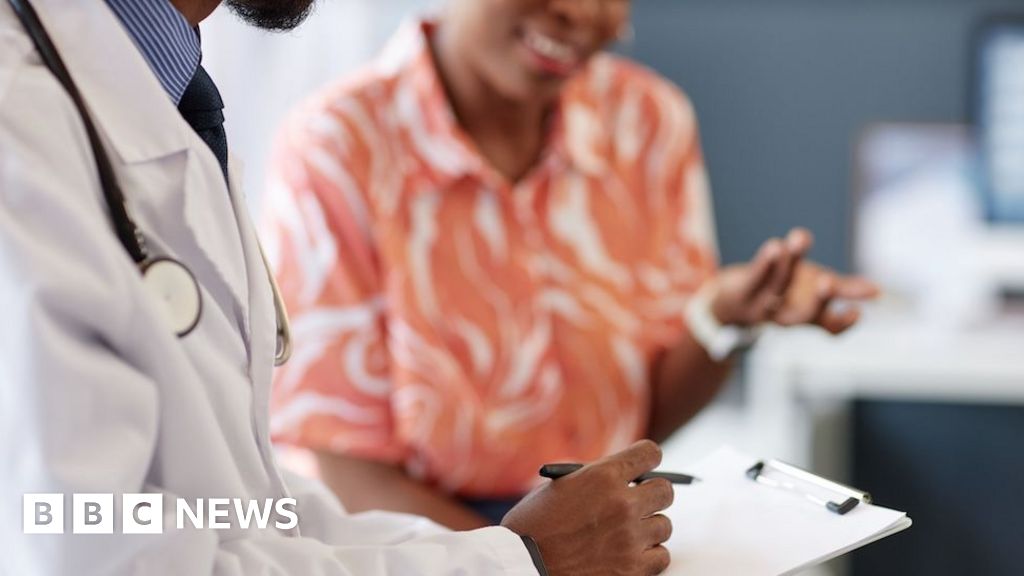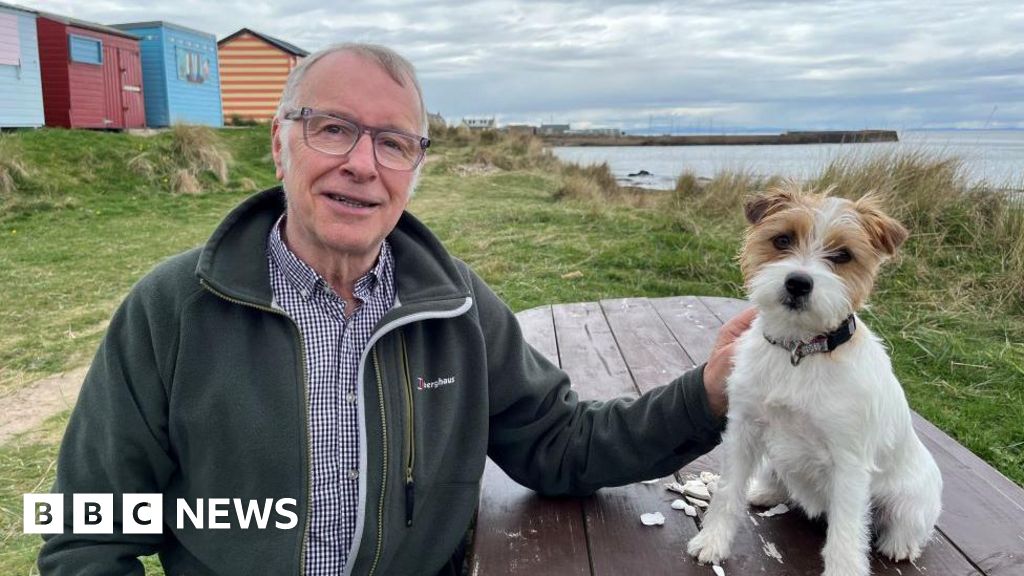ARTICLE AD BOX
By Michelle Roberts
Health editor, BBC News online
Image source, Getty Images
So you've caught Covid. What now?
Obviously, you must self-isolate to avoid giving it to other people.
In terms of your own wellbeing, here's what experts recommend.
Tell family and friends
Don't suffer in silence. Let people know that you have Covid.
They might be able to help with dropping off some food to your door and give you a call to check how you are doing while you have to isolate.
The NHS also has volunteers who can help people who are self-isolating at home with things like shopping and collecting medicines. Find out more online or by calling 0808 196 3646.
What symptoms can you expect?
Even with newer variants of the virus like Omicron and Delta, many people will have mild or no symptoms and will be able to safely ride out the infection at home.
The main symptoms, says the NHS, are still:
- a new, continuous cough
- a fever/high temperature
- loss of or change to smell or taste
But researchers who have been gathering feedback from hundreds of thousands of people about their experiences with Covid suggests the top five symptoms are similar to a cold:
- runny nose
- headache
- fatigue (either mild or severe)
- sneezing
- sore throat
What else can you do you?
If you feel grotty, there are things you can do that may help.
Get lots of rest, drink plenty of water and take paracetamol or ibuprofen to help you feel more comfortable.
For a cough, try lying on your side or sitting upright rather than on your back.
Sitting up, rather than lying down, is also good if you are a bit breathless.
- breathing slowly in through your nose and out through your mouth, with your lips together like you're gently blowing out a candle
- relaxing your shoulders, so you're not hunched, and leaning forward slightly with your hands on your knees
- turning down the heating a bit and letting in some fresh air
Image source, Prostock-Studio
Image caption,Pulse oximeters have been widely used during the pandemic
Some people find a gadget called a pulse oximeter useful. It checks the level of oxygen in the blood.
It clips on to your finger and can be a useful measurement to know, a bit like keeping a check on your temperature with a thermometer.
Low levels of oxygen in your blood can be a sign you're getting worse.
A reading of 95 or above is normal. If it drops to 93 or 94 and stays like that an hour later, call 111 or your GP for advice. If it is 92 or below (on a device that is certified with a CE mark and which you are using as per the instructions that come with it), go to A&E or call 999.
Know when to get help
If you want some extra advice, you could try calling or contacting a pharmacy online. The NHS website also has lots of information about Covid.
Some people with Covid will need medical care, which might include staying in hospital.
The NHS is also offering some high risk patients a pill they can take at home to help cut the risk of their infection becoming more serious.
Get advice from NHS 111 or your GP if:
- you're feeling gradually more unwell or more breathless
- you have difficulty breathing when you stand up or move around
- you feel very weak, achy or tired
- you're shaking or shivering
- you've lost your appetite
- you're unable to care for yourself - for example, tasks like washing and dressing or making food are too difficult
- you still feel unwell after four weeks - this may be long Covid
Go to A&E immediately or call 999 if:
- you're so breathless that you're unable to say short sentences when resting
- your breathing has got suddenly worse
- you cough up blood
- you feel cold and sweaty, with pale or blotchy skin
- you have a rash that looks like small bruises or bleeding under the skin and does not fade when you roll a glass over it
- you collapse or faint
- you feel agitated, confused or very drowsy
- you've stopped peeing or are peeing much less than usual
If you are worried about a baby or child, do not delay getting help. If they seem very unwell, are getting worse, or you think there's something seriously wrong, call 999.
Related Internet Links
The BBC is not responsible for the content of external sites.

 3 years ago
65
3 years ago
65








 English (US) ·
English (US) ·